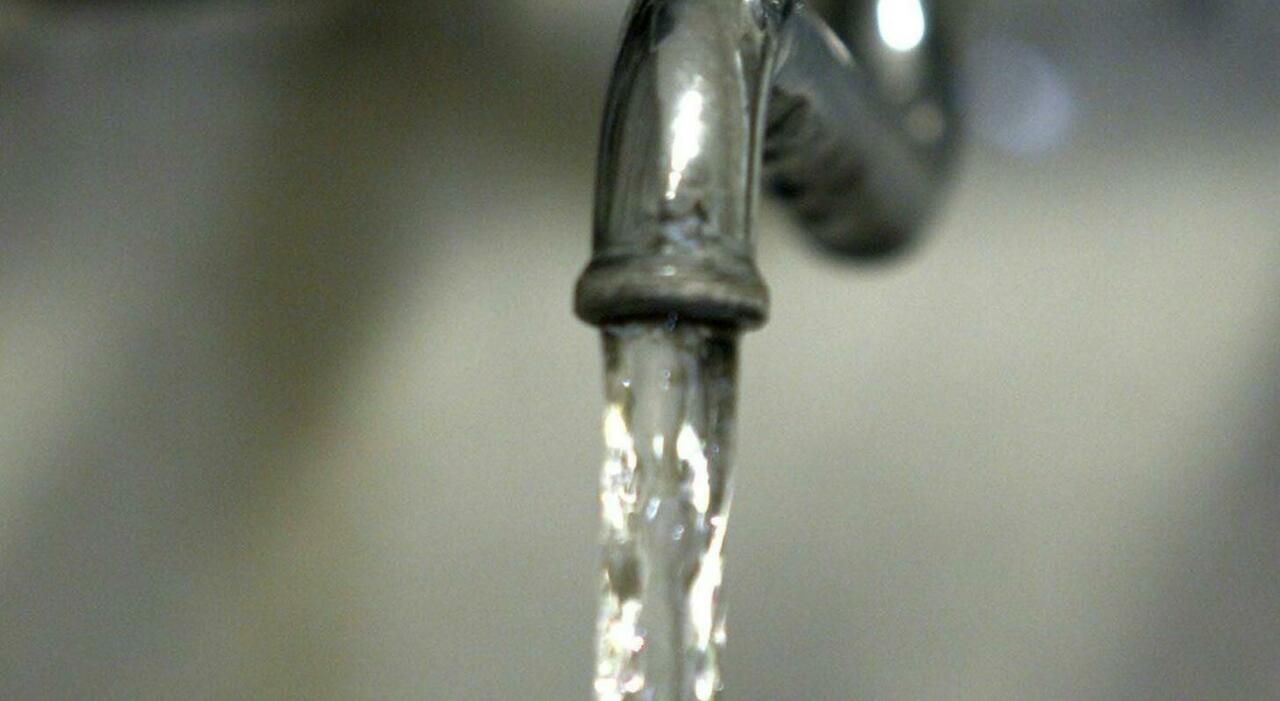Water is the quintessential essential element: in the West, it is accessible to all citizens without limitations and is taken for granted, while in other parts of the world it remains a source of deprivation, suffering, and even wars for water control. According to the new United Nations World Water Report, about 2.2 billion people do not have access to clean drinking water. About 3.5 billion are without basic sanitation services. In the newly published report, the UN calls for all people worldwide to have access to clean water and sanitation services by 2030. Most of those affected by this shortage live in rural regions of large areas in Africa, Latin America, Asia where the situation has recently deteriorated. Global development aid has decreased by 15 percent since 2015 and so far has not been able to stop the deterioration. UNICEF has then warned of serious diseases caused by the lack of clean drinking water in crisis regions. War zones like Yemen, Sudan, the Gaza Strip, and Ukraine are particularly affected by water scarcity.
Where water and sanitation supply has collapsed, the risk of diseases is on the rise, especially those affecting children. In Sudan, 19 million people, including 7.4 million children, do not have safe access to water. The number of suspected cholera cases has more than doubled in January, reaching 10,000.
According to the United Nations report, water scarcity will also increase in the future in Western countries where the resource is currently still abundantly available. The main reasons for this are population growth and changes in consumer habits. Agriculture continues to consume more than two-thirds of the world's water, but the leap in consumption is mainly responsible for the increase in consumption by industry and private households.
Adding to the dramatic elements are the visible effects of climate change, which is causing extreme weather conditions with more intense droughts or floods. As a result, water scarcity inevitably increases tensions among affected populations, even sparking local micro-conflicts, for example around Lake Chad in Africa, where several communities have had to flee, becoming climate refugees. Conflicts, according to the UN, could be avoided or at least minimized with sustainable water infrastructure.
Pope Francis is focusing on this emergency: he did so in 2015 with the encyclical Laudato Si, promoting meetings between scientists and speaking face to face with Heads of State and during general audiences. "Let's think about water, water is a beautiful thing, water is so important, it gives us life, water helps us in everything, but to exploit minerals, how water is contaminated and dirties creation and destroys creation, this is just one example there are many," he repeated in various public meetings. During the trip to Japan, three years ago, he warned of the risk of a world war over the control of blue gold.
This article is automatically translated
